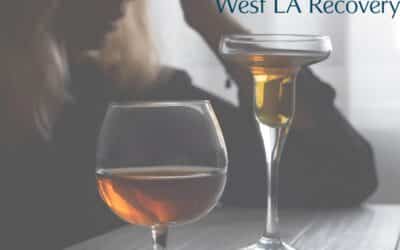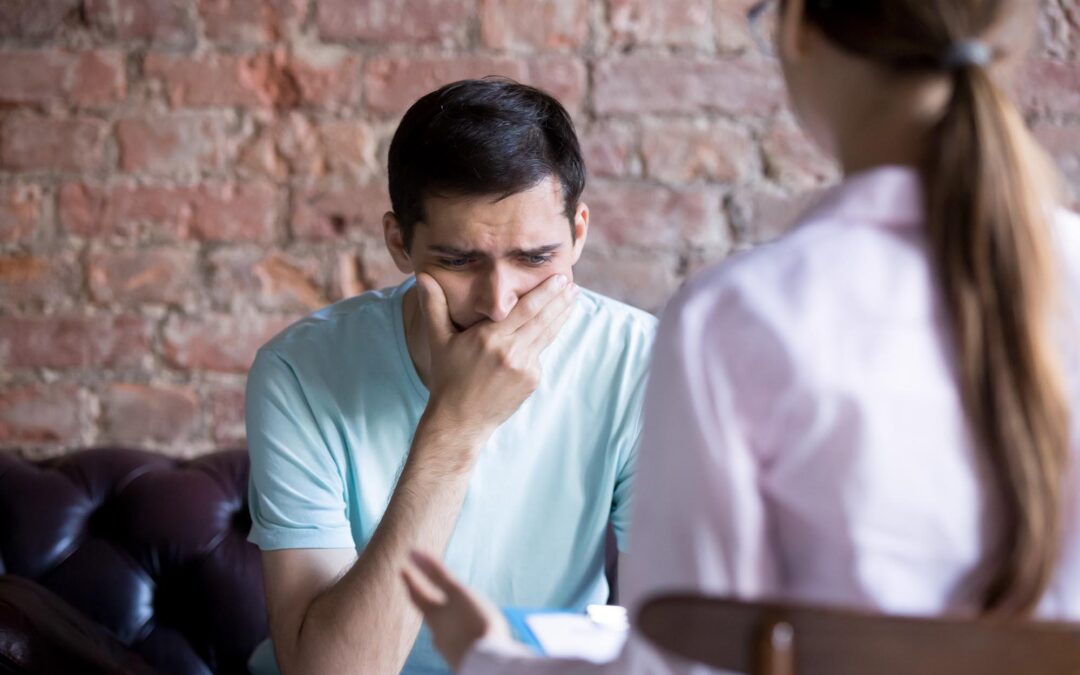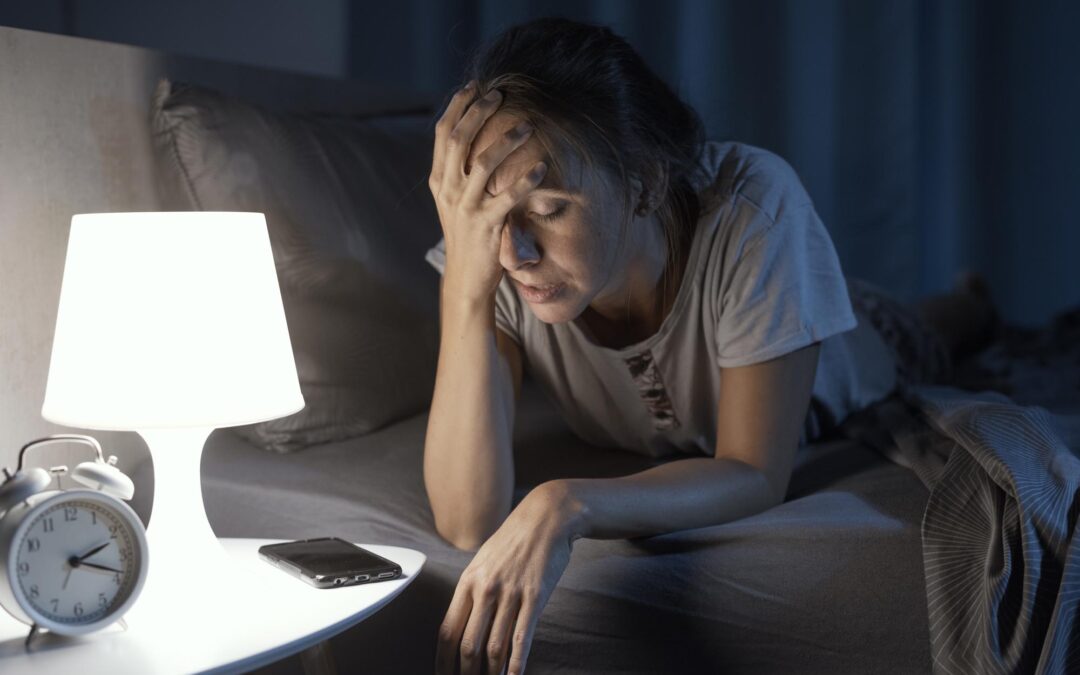Understanding Holiday Binge Drinking and Its Risks
Binge drinking means consuming five or more standard drinks for men (four for women) within approximately two hours. This pattern raises your blood alcohol concentration to 0.08% or higher, significantly impairing your judgment and physical coordination.
The holiday season transforms this risky behavior into a cultural norm. Christmas parties, New Year’s Eve celebrations, and family gatherings often center around alcohol consumption. You’ll notice distilled spirit sales spike dramatically during festive seasons—a clear indicator that holiday binge drinking isn’t just happening, it’s expected.
The Health Risks of Binge Drinking During the Holidays
The health risks of binge drinking during the holidays extend far beyond a hangover. You face immediate dangers including:
- Falls and physical injuries from impaired coordination
- Car accidents when driving under the influence
- Blackouts that leave gaps in your memory
- Alcohol poisoning marked by confusion, vomiting, seizures, and irregular breathing
Certain groups face heightened vulnerability to these acute risks:
- If you’re a teenager or young adult, your developing brain is particularly susceptible to alcohol’s damaging effects.
- Those managing mental health disorders may experience severe symptom exacerbation.
- Members of the LGBTQ+ community often encounter additional stressors during family-centered holidays, potentially increasing festive alcohol consumption as a coping mechanism.
Recognizing these risks of binge drinking represents your first step toward safer holiday celebrations.
The Hidden Dangers: Holiday Heart Syndrome and Long-Term Effects of Excessive Drinking
Holiday Heart Syndrome is a serious heart condition that can occur after heavy drinking, especially during festive weekends and celebrations. It causes irregular heartbeats, usually atrial fibrillation due to alcohol, in individuals with no previous heart problems. You may experience this syndrome after just one episode of heavy drinking, making it a genuine risk during holiday parties.
Recognizing the Symptoms
If you notice any of the following symptoms, seek medical attention immediately:
- Palpitations: Feeling like your heart is racing or fluttering
- Persistent fatigue: Feeling tired even after resting
- Angina: Chest discomfort that spreads to your arms or jaw
- Shortness of breath: Difficulty breathing even with minimal physical activity
- Near syncope: Feeling faint or on the verge of passing out
Understanding the Causes
Holiday Heart Syndrome occurs due to several factors that harm the heart. These include:
- Disruption of the heart’s electrical system by alcohol, leading to irregular rhythms that can last for hours or days
- Imbalances in electrolytes, particularly low levels of magnesium and potassium, which worsen these electrical disturbances
- Damage to heart cells caused by oxidative stress from alcohol metabolism, reducing their ability to contract properly
The Long-Term Consequences
Frequent episodes of heavy drinking during holidays can accelerate the development of chronic conditions. Each binge drinking session contributes to chronic liver disease, which affects your body’s ability to process nutrients and medications. Over time, alcohol-related cardiomyopathy occurs as your heart muscle weakens from repeated exposure to toxins. Ultimately, this can result in congestive heart failure, where your damaged heart struggles to pump blood efficiently to meet your body’s demands.
Mental Health Impacts and Preventative Measures During the Festive Season
The mental health effects of binge drinking become particularly pronounced during holiday celebrations. If you’re already managing depression or anxiety, alcohol acts as a depressant that intensifies these conditions rather than providing the temporary relief you might expect. Holiday stress and alcohol use create a dangerous feedback loop—you drink to cope with seasonal pressures, but the alcohol worsens your emotional state, leading to increased consumption.
How binge drinking affects mental and physical health
The effects of binge drinking on mental and physical health go beyond immediate mood changes. When you’re taking antidepressants, anti-anxiety medications, or mood stabilizers, alcohol interactions can reduce medication effectiveness or trigger dangerous side effects. Your immune function takes a significant hit from heavy drinking episodes, leaving you more susceptible to seasonal illnesses when your body should be at its strongest.
Consequences of binge drinking on physical health
The physical health consequences of binge drinking can escalate quickly. Disrupted sleep patterns, nutritional deficiencies, and weakened immune responses create a chain reaction of problems that extend well beyond New Year’s Day.
Coping strategies for sobriety
To maintain sobriety during the festive season, it’s important to plan ahead before attending gatherings where alcohol may be present. Here are some strategies you can implement:
- Eat a substantial meal before events to slow down the absorption of alcohol into your system.
- Alternate between alcoholic and non-alcoholic beverages throughout the evening.
- Set a specific limit on the number of drinks you’ll consume and stick to it.
- Identify your personal triggers for excessive drinking and develop exit strategies in case you find yourself in those situations.
Moderate alcohol use for better mental health
Practicing moderation in alcohol consumption requires conscious effort on your part. Here are some tips to help you stay mindful:
- Keep sparkling water, mocktails, or other appealing non-alcoholic options readily available at social gatherings.
- When you recognize high-risk situations that intensify cravings (such as certain parties or events), make an effort to avoid them entirely if possible.
- If avoidance isn’t feasible, bring along a supportive friend who understands your goals and can help keep you accountable.
By implementing these coping strategies and being proactive about your alcohol use during the festive season, you can protect both your mental and physical health—a vital aspect while still enjoying the celebrations.
Support Options for Holiday Drinkers in Los Angeles
If you’ve noticed patterns of holiday binge drinking in yourself or someone you care about, reaching out for professional help now can prevent these seasonal episodes from developing into year-round struggles. We understand that the festive season brings unique pressures and triggers that make it harder to maintain control over your drinking.
Our addiction treatment Los Angeles CA programs are designed specifically for individuals who need personalized support during these challenging times. You don’t have to wait until the holidays are over or until things get worse to seek help. Early intervention makes a significant difference in your recovery outcomes.
We offer evidence-based treatment approaches that address both the physical and psychological aspects of alcohol addiction recovery:
- Individual therapy sessions tailored to your specific triggers and circumstances
- Group counseling that connects you with others facing similar challenges
- Medical support for managing withdrawal symptoms safely
- Flexible scheduling that accommodates your holiday commitments
- Family therapy to rebuild relationships strained by drinking patterns
Support for alcohol addiction in Los Angeles doesn’t mean you have to put your life on hold. Our team at West LA Recovery Los Angeles works with you to create a recovery plan that fits your schedule and addresses your unique needs. Whether you’re concerned about a single holiday drinking episode or recognize a pattern that’s been building over multiple seasons, we’re here to help you explore your options through a confidential consultation.
In addition, we provide resources for those looking into sober living arrangements, which can be beneficial in maintaining long-term sobriety. If you’re worried about a loved one and unsure how to support them, our guide on supporting a loved one in addiction treatment offers valuable insights.
It’s important to remember that seeking help is a sign of strength, not weakness. There are numerous options available for alcohol addiction treatment in Los Angeles, and we are committed to helping you navigate this journey towards recovery.
Signs You Need Help After a Holiday Drinking Spree
It can be tough to spot signs of alcohol addiction after the holidays, especially when heavy drinking seems normal during festive celebrations. Here are some signs that you might need help:
Memory Loss
If you find yourself having repeated blackouts where you can’t remember conversations or events from the night before, it’s a cause for concern. These memory gaps aren’t just embarrassing—they’re warning signs indicating dangerous levels of alcohol consumption.
Physical Withdrawal Symptoms
Pay attention to any physical withdrawal symptoms you’re experiencing. If you’re dealing with tremors, sweating, nausea, or anxiety when you haven’t had a drink, it means your body has developed a dependence on alcohol. You might be relying on alcohol to function normally or calm your nerves.
Lack of Control Over Drinking
When to seek help for binge drinking becomes clear when you notice an inability to control your intake. You tell yourself you’ll have just one or two drinks, but you consistently end up consuming much more. This lack of control can lead to negative consequences in various areas of your life, such as work or relationships.
Justifying Your Drinking
The pattern of justifying your drinking—”It’s still the holiday season” or “I deserve to relax”—is another sign that casual holiday drinking has become problematic. If these justifications continue well into January or February and you’re feeling guilty about your drinking but unable to stop, it’s time to take action.
Early intervention is crucial in preventing the progression from occasional binge drinking to chronic addiction. If you’re experiencing any of these warning signs, know that there is confidential support available to help you regain control over your drinking habits.
Building a Healthy Relationship with Alcohol Year-Round
The weeks following holiday celebrations are crucial for establishing sustainable sobriety strategies that extend far beyond January. You need consistent support structures to maintain the progress you’ve made and prevent holiday binge drinking patterns from becoming year-round habits.
Post-holiday recovery support in Los Angeles takes many forms, each designed to meet you where you are in your journey:
- Individual counseling sessions that address the underlying triggers behind your drinking patterns
- Group therapy programs connecting you with others who understand the challenges of maintaining sobriety
- Medication-assisted treatment when appropriate for managing cravings and withdrawal symptoms
- Family therapy to rebuild relationships affected by alcohol misuse
- Holistic wellness programs incorporating nutrition, exercise, and stress management techniques
The transition from holiday festivities to everyday life doesn’t mean your recovery support should diminish. You deserve access to evidence-based treatment that adapts to your changing needs throughout the year. Regular check-ins with addiction specialists help you identify potential relapse triggers before they become overwhelming.
Building healthy habits requires more than willpower—it demands professional guidance and community support. If you’re ready to develop a healthier relationship with alcohol that lasts beyond the holiday season, our team is here to create a personalized recovery plan that fits your life. Reach out today to explore how we can support your long-term wellness journey.
FAQs (Frequently Asked Questions)
What is binge drinking and why is it common during the holiday season?
Binge drinking is defined as consuming five or more standard alcoholic drinks in a short period. It is culturally prevalent during holidays like Christmas and New Year’s, often marked by increased festive alcohol consumption and higher sales of distilled spirits.
What are the immediate health risks associated with holiday binge drinking?
Acute injuries such as falls, car accidents, and blackouts are common risks. Additionally, alcohol poisoning can occur, presenting symptoms like confusion, vomiting, and irregular breathing. Certain groups including teenagers, young adults, individuals with mental health disorders, and the LGBTQ+ community are particularly vulnerable.
Can binge drinking during holidays lead to serious heart conditions?
Yes. Holiday Heart Syndrome (HHS) is linked to heavy episodic drinking during festive periods, causing cardiac arrhythmias such as atrial fibrillation. Symptoms include palpitations, fatigue, angina, and shortness of breath. Repeated episodes can contribute to chronic conditions like alcohol-related cardiomyopathy and increase the risk of congestive heart failure.
How does holiday binge drinking impact mental health?
Binge drinking exacerbates mental health issues such as depression and anxiety, especially during stressful holiday times. It also interacts negatively with medications and pre-existing mental health disorders while compromising immune function and overall physical well-being.
What support options are available for individuals struggling with holiday binge drinking in Los Angeles?
West LA Recovery offers evidence-based addiction treatment programs tailored to individual needs. They provide professional help early on to address holiday binge drinking challenges through personalized recovery plans and confidential support services.
How can one build a healthy relationship with alcohol after the holiday season?
Sustaining healthy habits post-holidays includes moderation strategies and seeking ongoing recovery support such as counseling and group therapy available in Los Angeles. Connecting with resources like West LA Recovery can guide individuals toward long-term wellness and reduce relapse risk.







